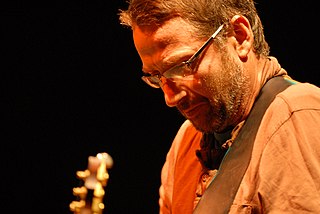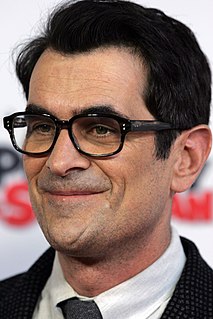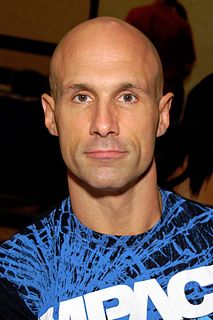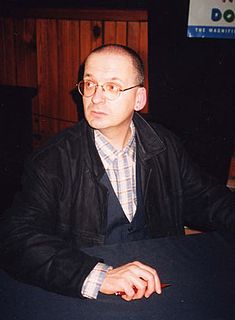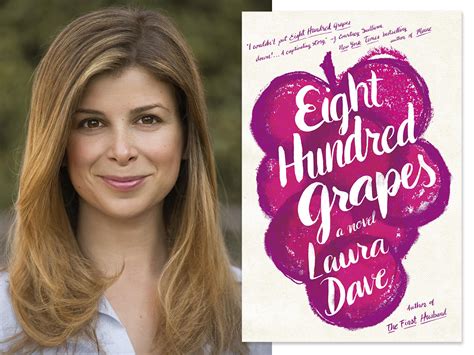A Quote by MO
I think everyone grew up thinking that by their mid-20s they'd have everything sorted out, but I know I don't.
Related Quotes
If you had asked me, did I have everything nailed down and wired about what I wanted to do, and was I following some real plan? No. In fact, by the time I was in my mid-20s or even late-20s, and I was still in the law firm, I really was starting to get a little nervous that I didn't know what I was going to do.
I wanted to be a graphic designer from the time I was 15, without ever having actually met one. I lived in the mid-west, not in a media centre, and I didn't know anyone who did that for a living. It took me a while to find out what that thing I wanted to do was actually called, but once I sorted that out I got really interested in it.

